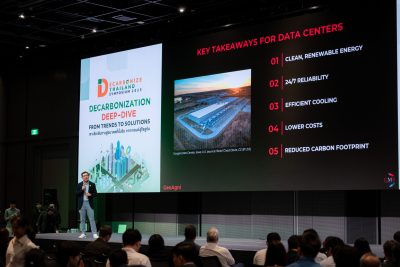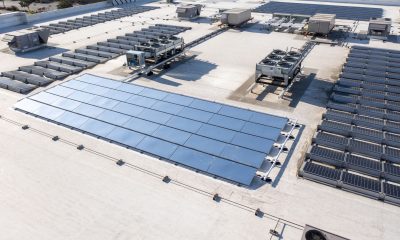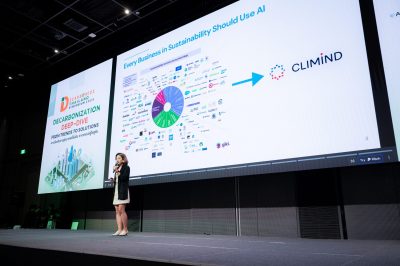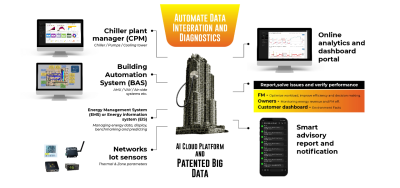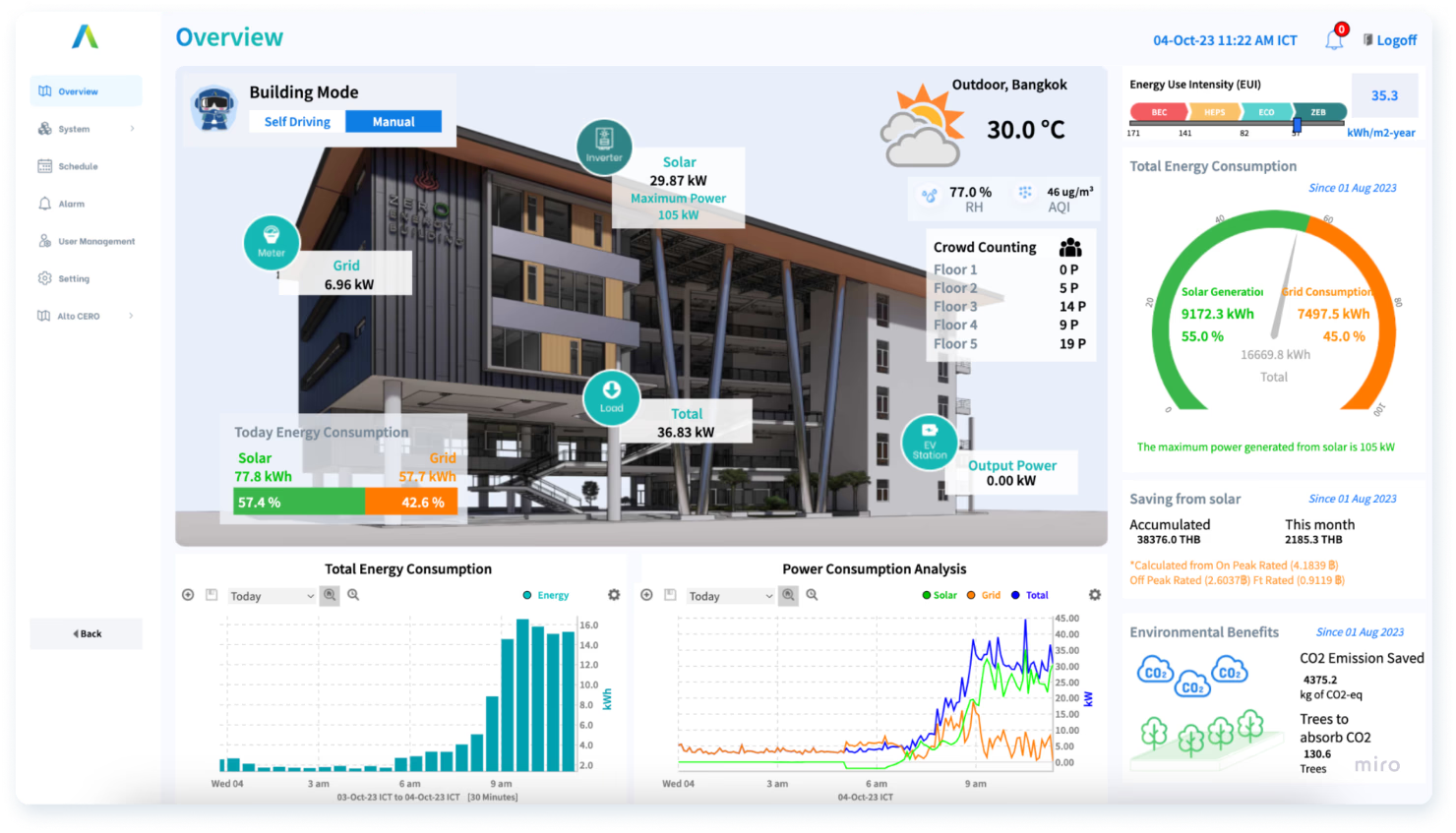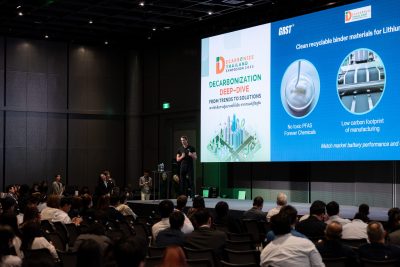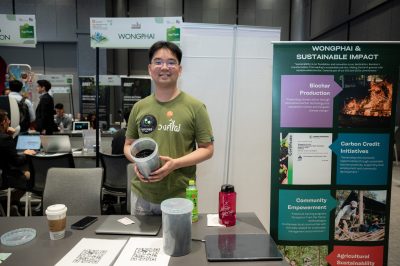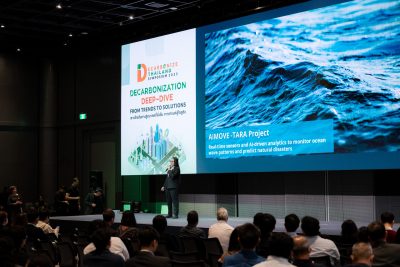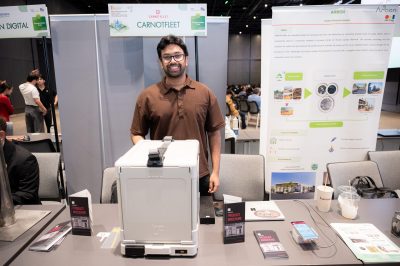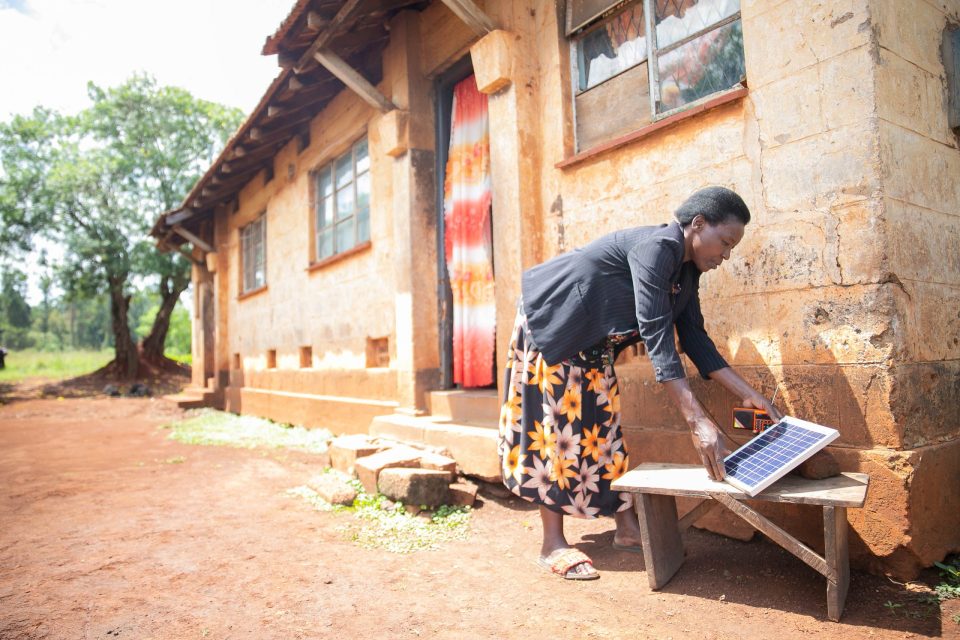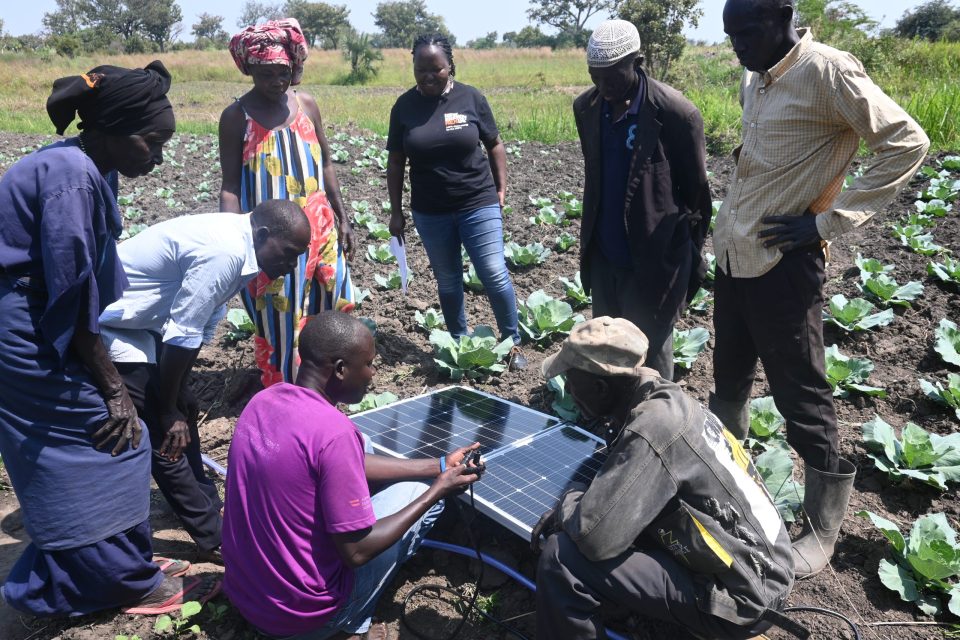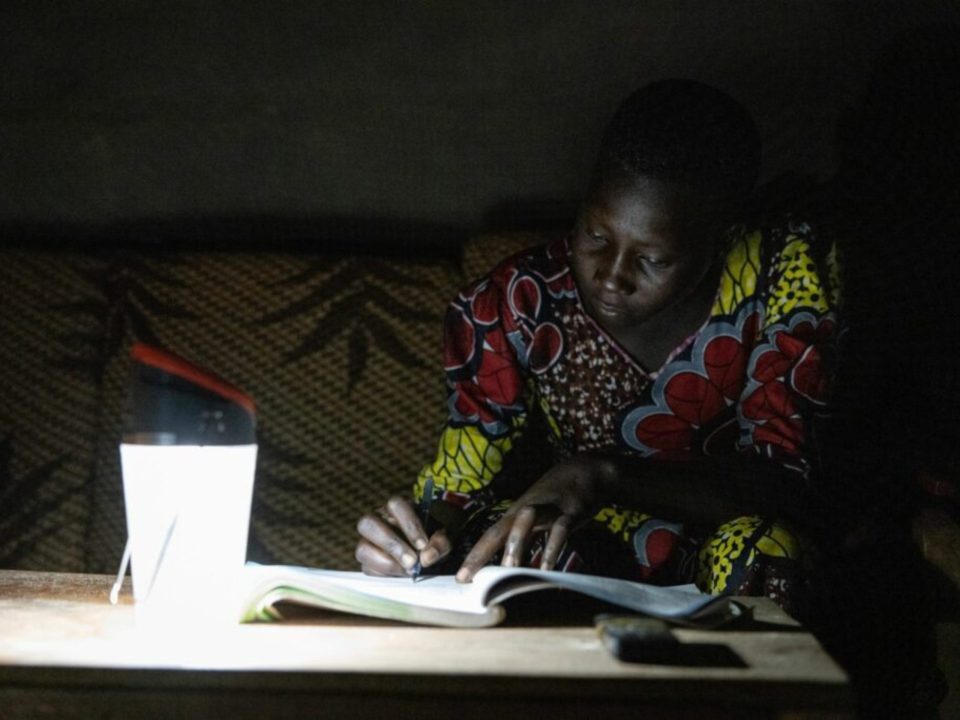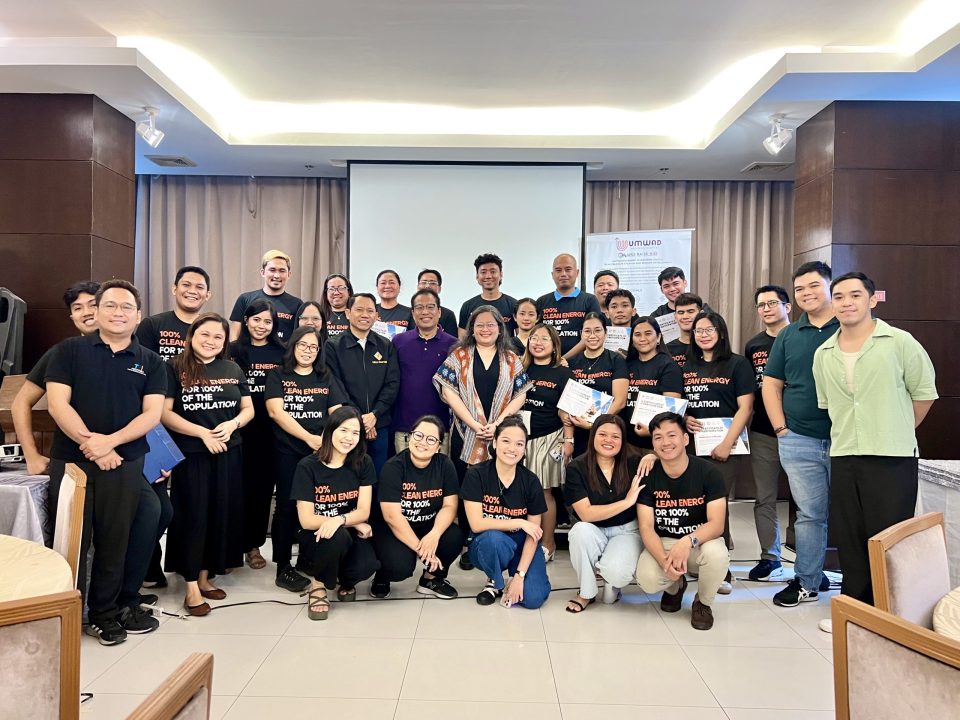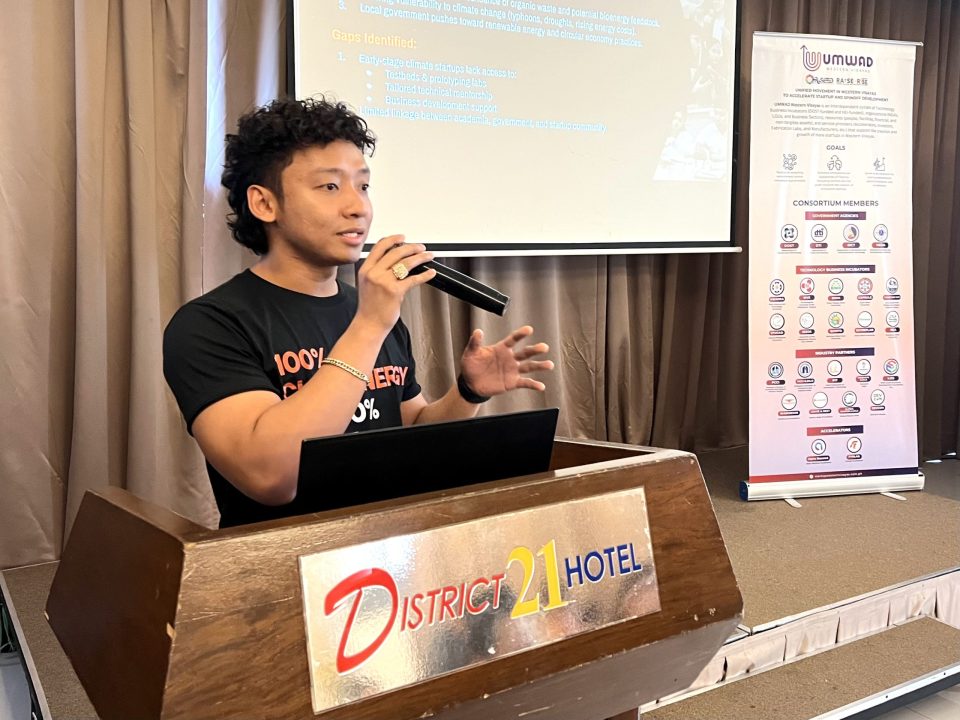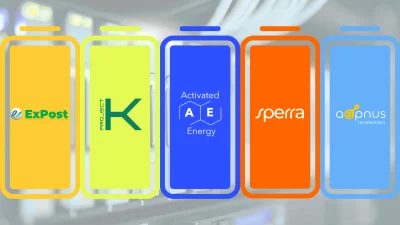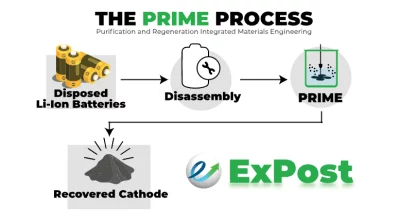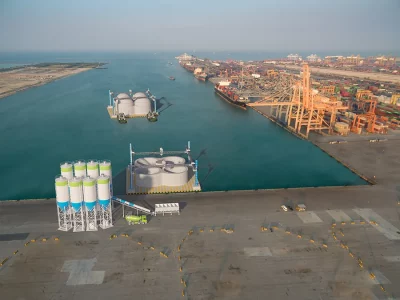The clean energy transition is our chance to build a fairer future, yet women are still missing from the table. Around the world, only 15% of clean energy leadership roles are held by women.
Even in Thailand, a leader in the Asia Pacific region when it comes to women’s leadership in the energy sector, women occupy just 23% of leadership positions.
But when women are at the helm, the impact speaks for itself.
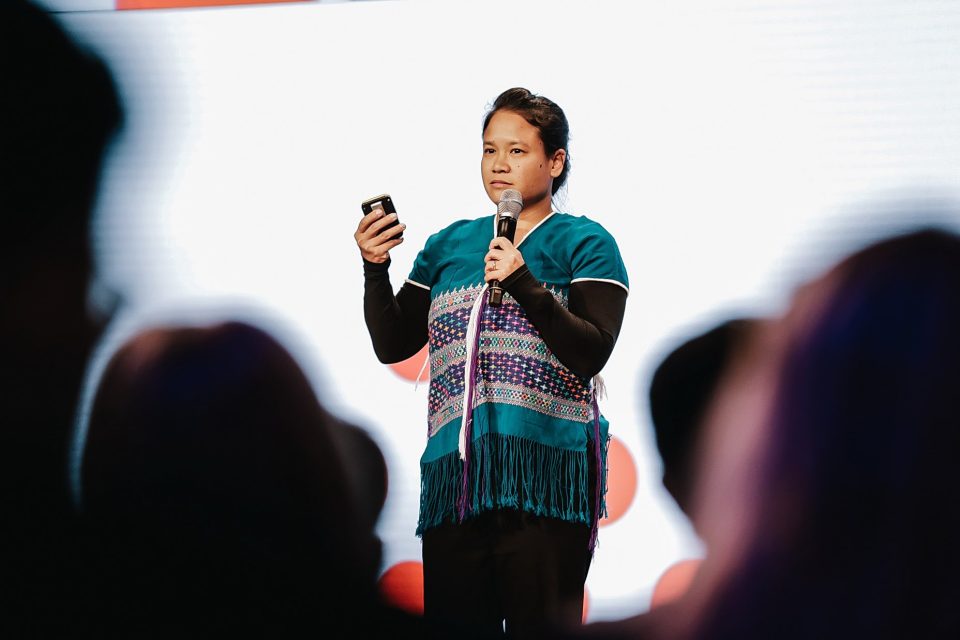
Salinee Hurley. Photo from SunSawang
Salinee Hurley is proof that inclusive leadership powers inclusive solutions. A mechanical engineer specializing in solar, she founded SunSawang: a social enterprise bringing solar home systems and lanterns to off-grid villages along the Thailand–Myanmar border. She is also the Project Director at the Border Green Energy Team (BGET), an organization advancing clean energy access in the region.
Salinee’s journey into solar began when she pursued further studies in solar engineering in the United States. Returning to Thailand, she initially implemented solar projects through an NGO model, using grant funding to provide free installations in remote areas. Over time, she realized the approach lacked long-term sustainability.
To address this, Salinee transitioned to a social enterprise model, offering long-term payment plans that support both ongoing maintenance and local ownership.
“Free installations may help in the short term, but the real goal is to empower people to access energy independently in the long run,” she said.
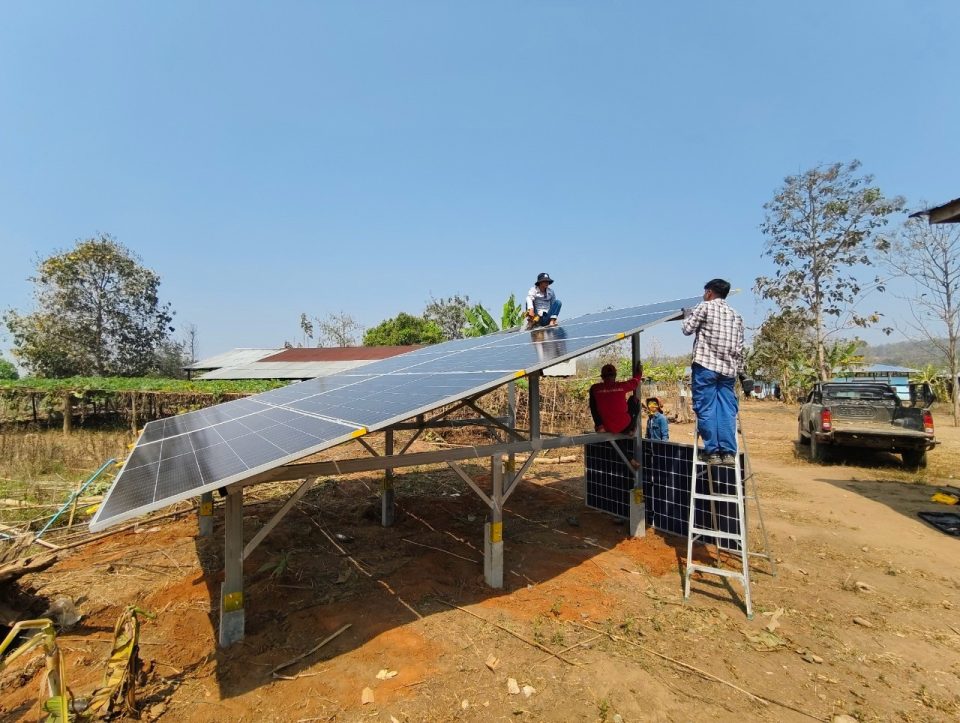
Solar installation at Maw Poe Kay High School. Photo from SunSawang
SunSawang now trains and hires local technicians and sales agents to serve their own communities. This localized model not only keeps systems functioning, but also supports economic activity—access to reliable electricity allows for evening work like weaving, increasing household income.
Salinee’s work also highlights the systemic barriers that persist in Thailand’s solar landscape: high upfront costs, inconsistent regional regulations, and limited financing options for low-income households. Recent steps, including draft laws to simplify rooftop solar permitting and new green loan products, are promising, but access remains uneven.
Last year, she joined New Energy Nexus Thailand’s SolarSTEP initiative, where she shared her expertise and connected with other women leading the shift to a cleaner energy future.
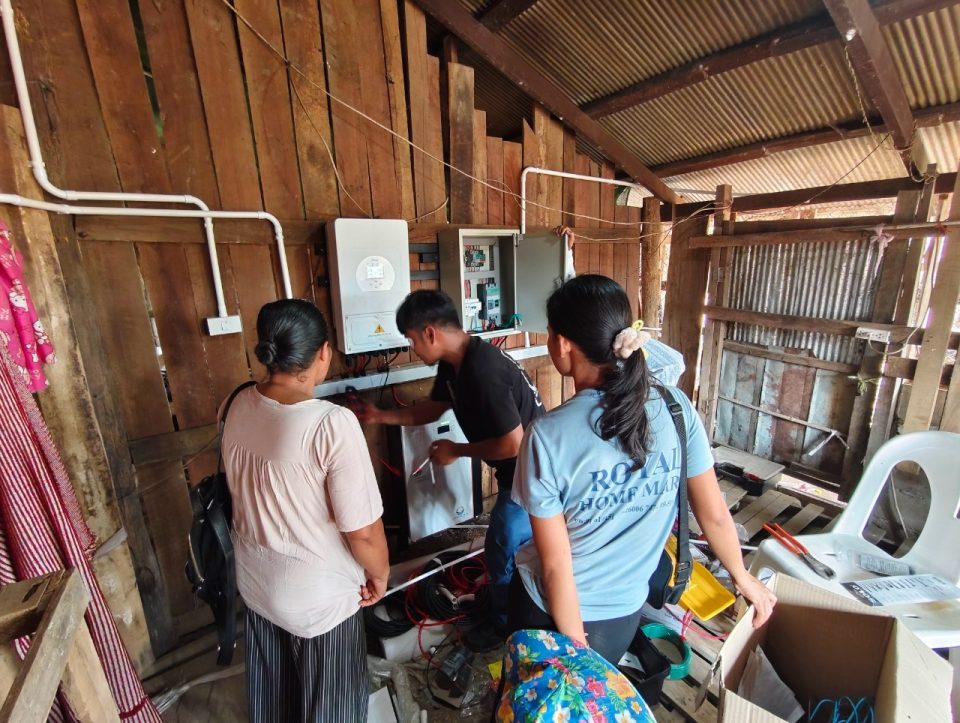
Solar installation at Maw Poe Kay High School. Photo from SunSawang
Supporting women leading the way
SolarSTEP is designed to build skills and leadership among solar technicians and entrepreneurs, with a focus on women, to help accelerate Thailand’s clean energy transition.
This work is spurred on by Thailand’s ambitious target to reach 12,139 MW of solar capacity by 2037, as outlined in its Alternative Energy Development Plan (AEDP). Hitting this target will take more than policy; it requires investing in people, empowering women, and expanding access to rooftop solar across the country.
This is where SolarSTEP comes in. The program has already delivered seven trainings across Thailand’s Central, Northern, and Southern regions, reaching over 200 participants. These efforts have been strengthened through collaboration with key partners, including PEA Encom Smart Solution, PEA Encom International, and LONGi.
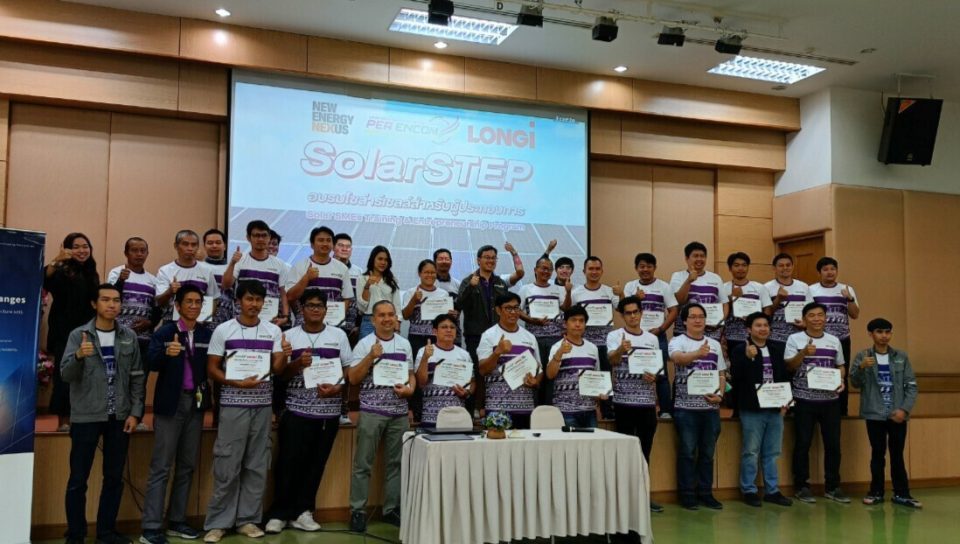
Photo of the SolarSTEP 2024 Training program participants, including Salinee Hurley.
Looking ahead, we’re focused on scaling impact, broadening solar access, and building a sector that mirrors the diversity of the communities it serves.
If we want a just and resilient clean energy future, we need to break down the barriers that keep women on the sidelines and back those already leading the way. Empowering more women to participate and lead in clean energy isn’t just the right thing to do—it’s the smart thing to do.
Want to be part of building an inclusive clean energy sector in Thailand? Learn more about our work here.
